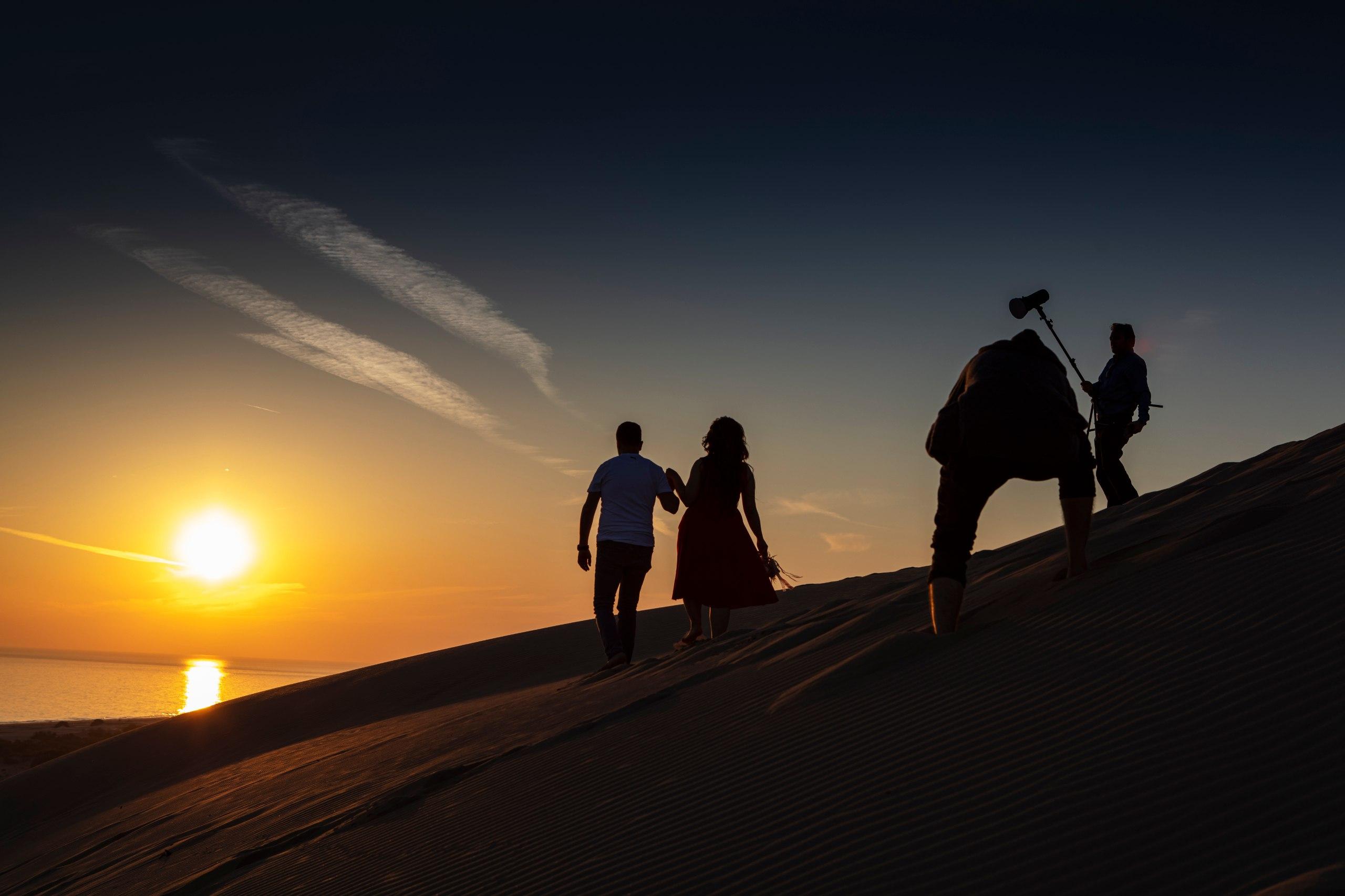Cultural Immersion: Traditional Experiences on Desert Safaris
While the thrill of dune bashing and the beauty of desert landscapes often take center stage, desert safaris offer a unique opportunity to immerse yourself in rich cultural traditions that have been shaped by centuries of desert life. From Bedouin hospitality to traditional performances, these cultural experiences add depth and meaning to your desert adventure.
Bedouin Heritage: The Soul of the Desert
The Bedouin people, traditional nomadic inhabitants of desert regions across the Middle East and North Africa, have developed a culture perfectly adapted to the harsh desert environment. Many desert safari experiences include visits to recreated or authentic Bedouin camps, where you can gain insight into this fascinating way of life.
Traditional Hospitality
Bedouin hospitality is legendary, born from the harsh realities of desert survival where travelers depended on the generosity of others. This tradition continues in modern desert safaris, where guests are typically welcomed with Arabic coffee (gahwa) and dates. The coffee ceremony itself is a cultural ritual worth observing – the beans are roasted in front of guests, then ground and brewed with cardamom in a distinctive pot called a dallah.
The traditional greeting of offering coffee to visitors has deep cultural significance. It's customary to accept at least one cup, which is typically served in small portions. When you've had enough, simply shake the cup gently from side to side when returning it.
Traditional Cuisine: Flavors of the Desert
Desert safari camps typically offer traditional meals that showcase local cuisine. These often include:
Communal Dining
Many desert camps serve food in a communal style, with guests seated on carpets or low cushions around shared platters. This reflects the traditional Bedouin approach to meals as social occasions that strengthen community bonds.
Traditional Dishes
Depending on the region, you might enjoy:
- Machboos: A flavorful rice dish with meat and vegetables, seasoned with distinctive spice blends
- Mandi: Meat slow-cooked in an underground sand pit, giving it a unique smoky flavor
- Thareed: A hearty stew served over thin bread that absorbs the rich broth
- Harees: A porridge-like dish of wheat and meat, slow-cooked until creamy
- Fresh bread: Often baked in traditional ways, sometimes in sand or stone ovens
Cooking Demonstrations
Some premium safari experiences include demonstrations of traditional cooking methods, such as the preparation of bread in sand ovens or the slow-cooking of meat in underground pits. These hands-on experiences provide insight into how desert dwellers have adapted their culinary practices to their environment.
Traditional Arts and Crafts
Desert camps often showcase traditional crafts that have been practiced for generations:
Henna Art
The application of henna – a temporary dye made from the henna plant – has been practiced for thousands of years across the Middle East, North Africa, and South Asia. At many desert camps, artists offer intricate henna designs on hands and feet, explaining the cultural significance of different patterns and the role of henna in celebrations and rituals.
Weaving and Textiles
Traditional weaving demonstrations show how Bedouin women create intricate textiles using simple looms. These textiles – including rugs, tent dividers, and decorative items – often feature geometric patterns with cultural and tribal significance.
Pottery and Metalwork
Some camps include displays or demonstrations of traditional pottery making or metalwork, crafts that have been essential to desert life for centuries.
Traditional Entertainment
Evening entertainment at desert camps typically includes performances that showcase local cultural traditions:
Belly Dancing
While its origins are debated, belly dancing has become a standard entertainment at many desert safari camps. The hypnotic movements and colorful costumes make for an engaging performance, though it's worth noting that in some conservative regions, this dance may be modified or absent.
Tanoura Shows
This mesmerizing traditional Egyptian dance features male performers in colorful skirts spinning continuously, sometimes with lights incorporated into their costumes. The dance has Sufi origins and was traditionally a form of meditation and spiritual practice.
Falcon Shows
Falconry has deep roots in desert cultures, where these magnificent birds were trained for hunting. Many desert experiences include falconry demonstrations, showcasing the incredible bond between falconers and their birds and the impressive hunting abilities of these raptors.
Traditional Music
Live performances of traditional music using instruments like the oud (a stringed instrument similar to a lute), rebaba (a bowed string instrument), and various percussion instruments provide the soundtrack to your desert experience. The haunting melodies and rhythmic patterns have been passed down through generations.
Cultural Activities and Experiences
Beyond passive observation, many desert safaris offer opportunities to participate in cultural activities:
Trying Traditional Clothing
Many camps provide traditional garments for guests to try on and photograph themselves in. Men might don the thobe or dishdasha (long white robe) with a ghutra (headdress), while women can try on abayas or jalabiyas with appropriate head coverings.
Shisha Experience
Smoking shisha (also known as hookah or water pipe) is a social tradition in many Middle Eastern countries. Desert camps often offer shisha with various flavored tobaccos, providing a relaxing social activity after dinner.
Stargazing with Cultural Context
The clear desert skies offer spectacular stargazing opportunities. Some guides incorporate cultural stories and traditional navigation techniques used by desert travelers before modern technology.
Camel Experiences
Beyond simple rides, some safaris offer insights into the cultural significance of camels – often called "ships of the desert" – and their crucial role in Bedouin life and trade routes like the ancient Silk Road.
Responsible Cultural Tourism
When participating in these cultural experiences, responsible tourism practices help ensure these traditions are respected and preserved:
- Learn basic greetings in the local language as a sign of respect
- Ask permission before photographing people
- Dress modestly out of respect for local customs
- Ask questions to deepen your understanding rather than making assumptions
- Support authentic experiences run by or benefiting local communities
Conclusion
The cultural dimensions of a desert safari transform it from a mere adventure activity into a meaningful journey into heritage and tradition. By engaging with these cultural experiences with respect and curiosity, you'll gain a deeper appreciation for the ingenuity, resilience, and rich cultural traditions of desert peoples. These human connections often become the most treasured memories of a desert safari, lasting long after the thrill of dune bashing has faded.




.jpg&w=3840&q=75)